What happened to autobattlers?
After an initial gold rush, we seem to have forgotten about them.
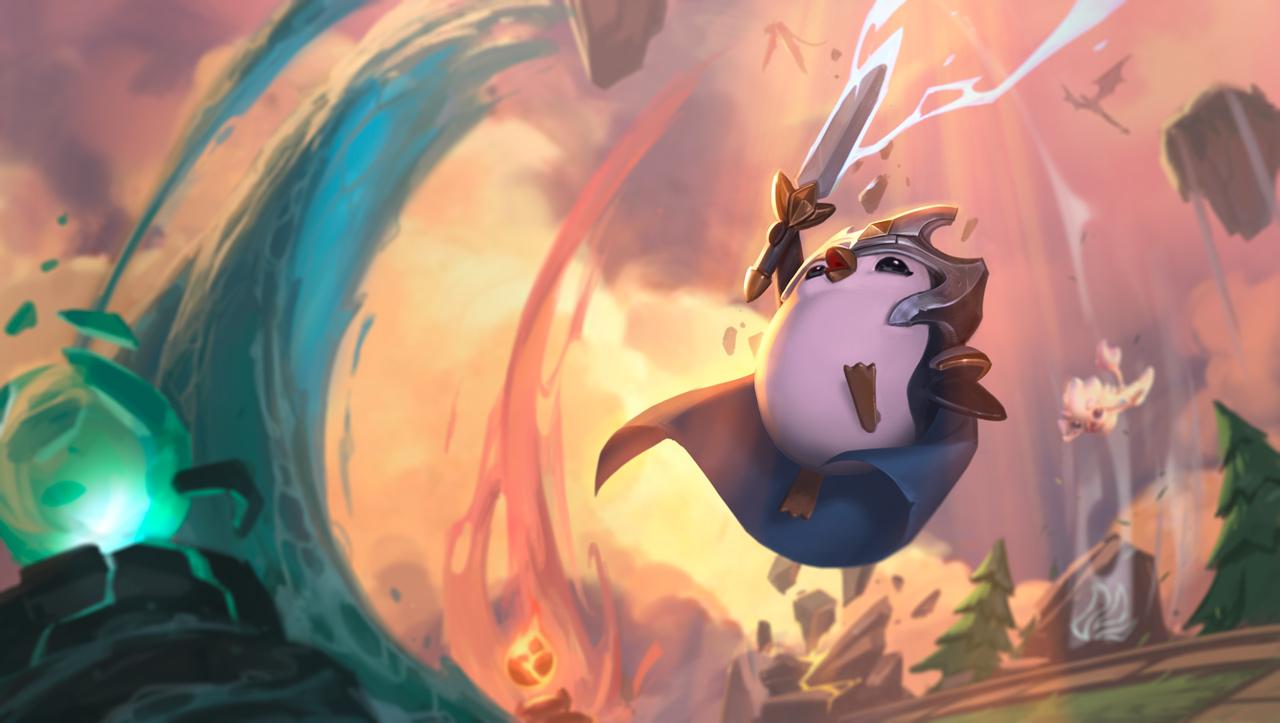
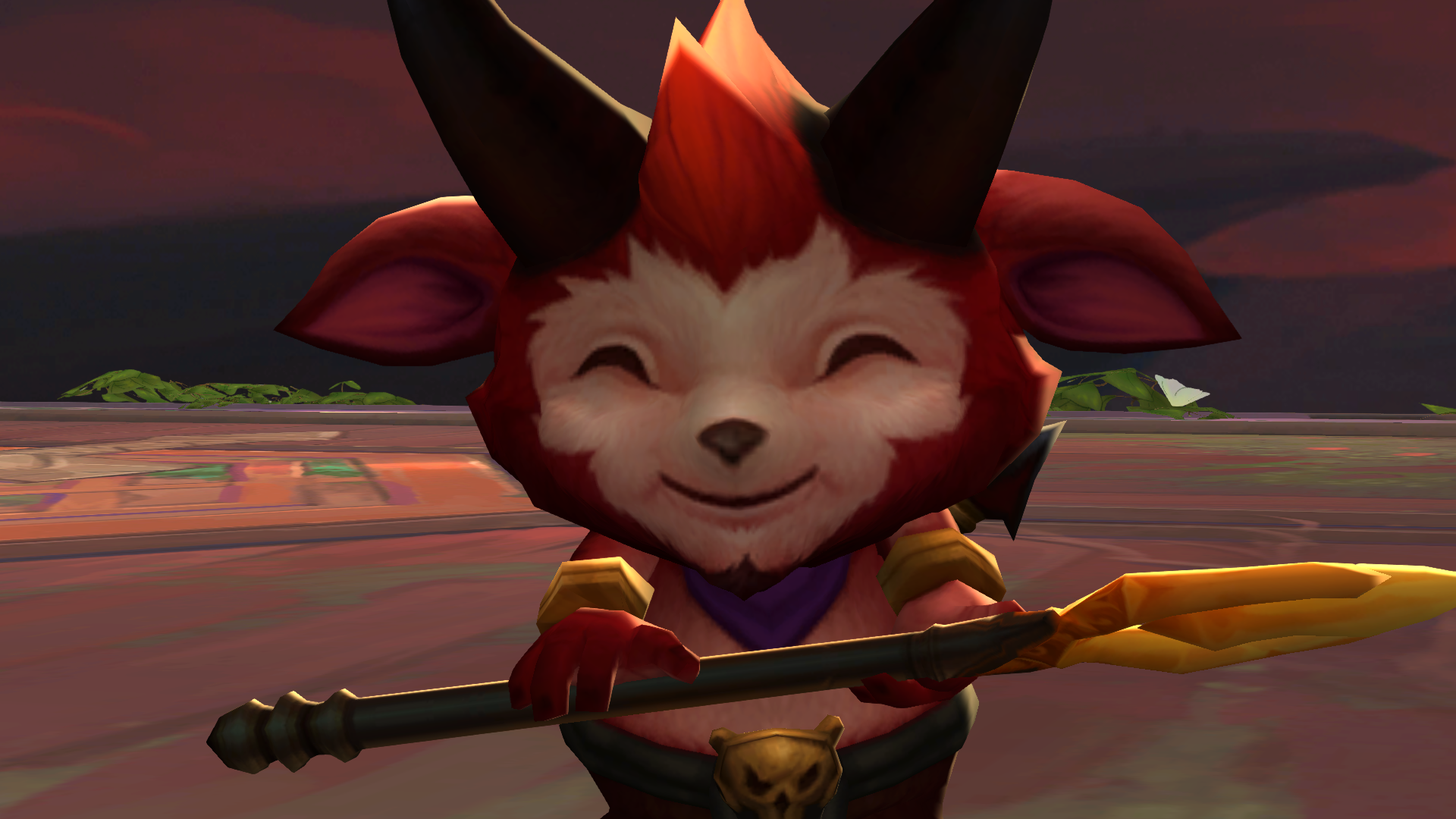
To kick off 2022, we're taking a look at the major games, genres and platforms that make PC gaming to see where they're at as we begin a new year.
In 2019, autobattlers seemed poised to become the next big videogame obsession, taking the mantle away from the battle royales that had stolen enough of our time. The trajectory evoked the success of MOBAs, which were similarly born from the modding scene. At the dawn of 2022, history suggests that we should be inundated with them, with studios of every size trying to get a slice of the latest trend. It's not quite panned out.
Autobattlers are digestible real-time tactics games where each battle is a brief bout that you're only spectating, the result of which is determined by how strong your plan is—what heroes you're using, what upgrades you've given them, where they're standing on the board. While they started out on PC, they've really found a home on phones where there's already a huge market for games with a passive streak, like clickers and endless runners.
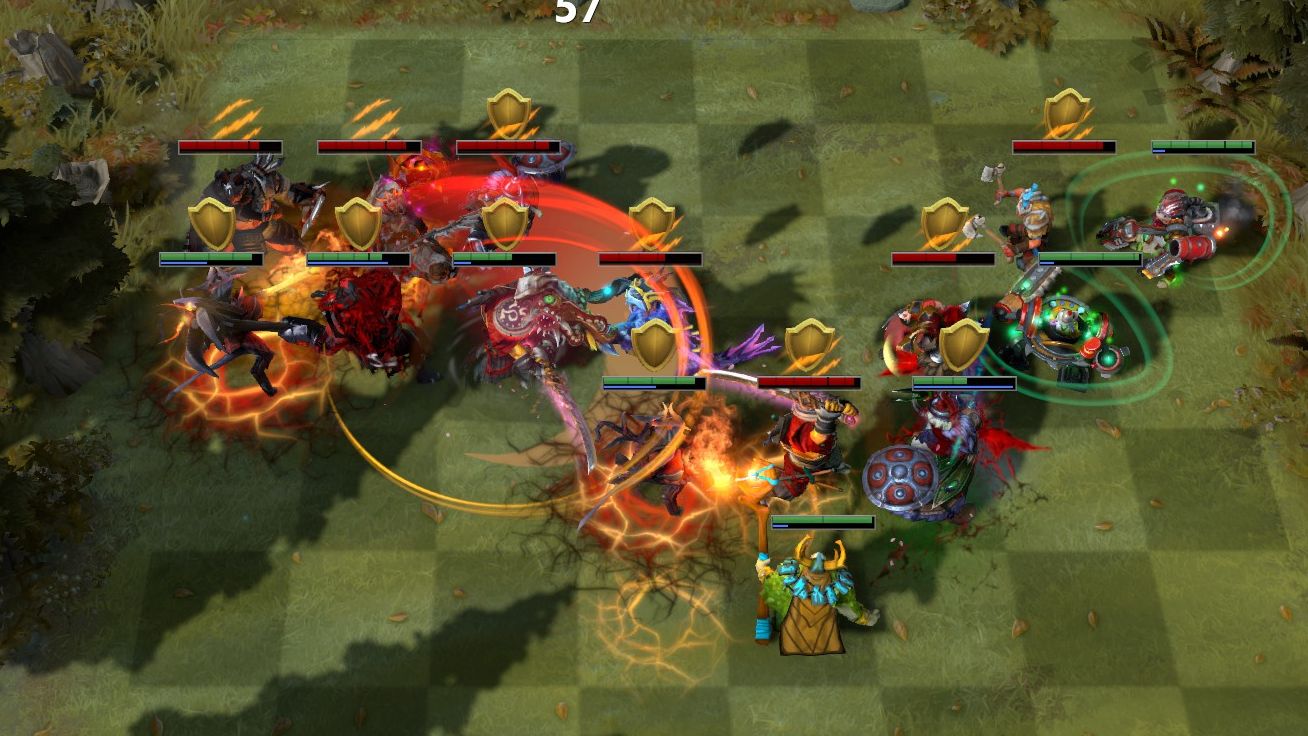
There is something therapeutic but also simultaneously stressful about building up a roster of eclectic heroes and then sending them off into battle to fend for themselves. Fiddling with loadouts and crunching numbers, creating this elaborate fighting machine, makes me intensely happy. And watching them get steamrolled by a smarter player's build makes me weep. If the genre could snare a curmudgeon like me, who just wishes we could go back to the golden age of the RTS, then surely nobody would be able to escape its clutches?
How it started
Dota Auto Chess seemed destined for popularity in 2019. Just as Dota 2 (and all the other MOBAs) exists because of a Warcraft 3 mod, a new genre was being built inside MOBAs. And it wasn't long before imitators appeared—big ones. Both Valve and Riot saw the mod's potential and rapidly went about making their own versions. In March, only a couple of months after the launch of Dota Auto Chess, Riot released Teamfight Tactics. Valve's Dota Underlords followed in June.
With new games from big names rapidly appearing, the burgeoning genre's status seemed assured. The original creators of Dota Auto Chess also released a standalone, Auto Chess, while still supporting the mod. Blizzard got in on it, too, developing a new mode for Hearthstone known as Battlegrounds.
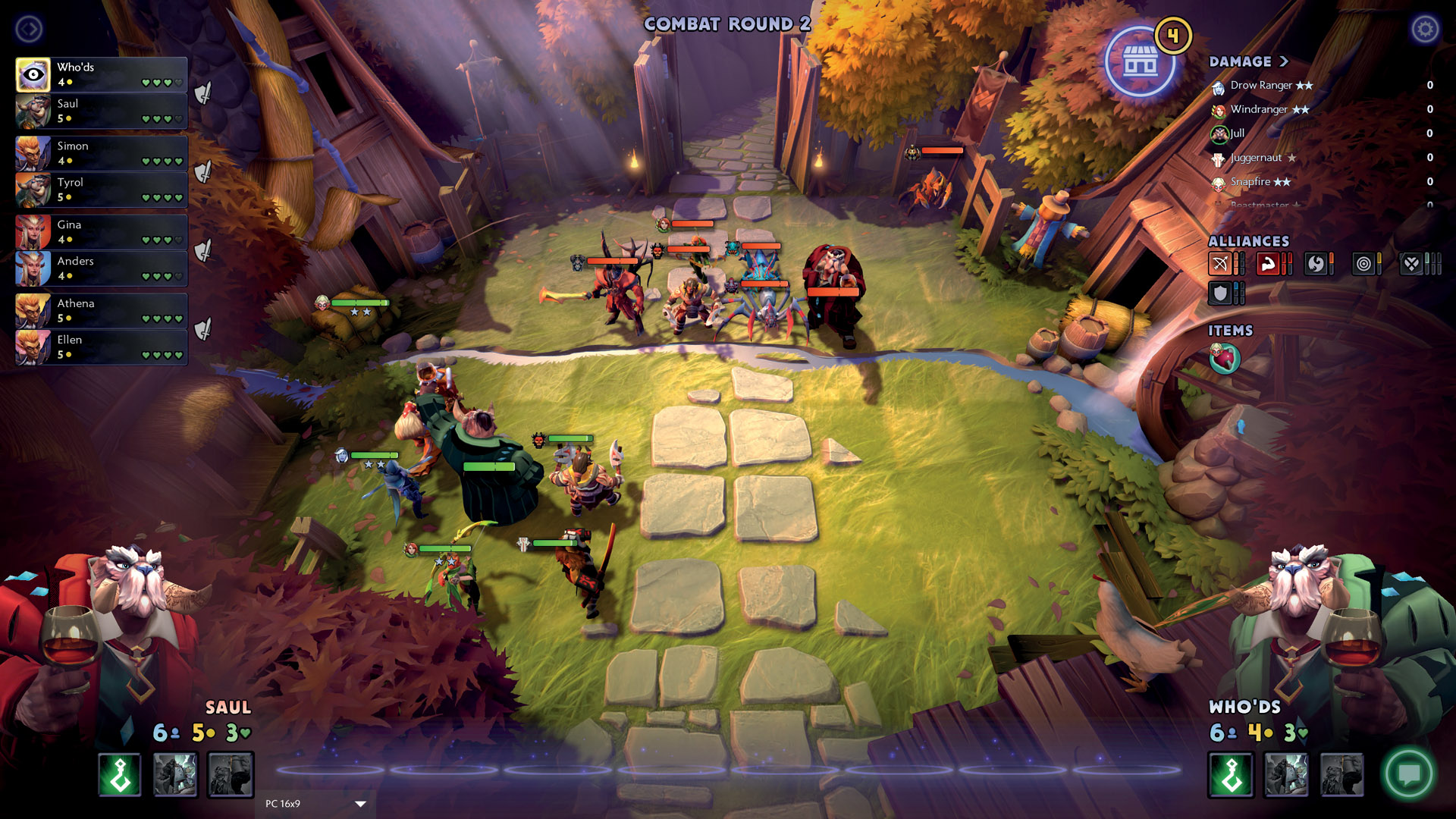
In less than a year we'd gone from a single mod to a bunch of high profile games, each boasting millions of players and big tournaments touting meaty payouts. The incredible pace of expansion suggested great things for autobattlers. Then the genre skipped the part where it becomes established and stable, rushing instead towards stagnation and decline.
We saw MMOs and MOBAs go through this gold rush too, but not with this much speed. They're both very much alive genres, of course, but players have coalesced around a few giants and mainstays, with hardly anything that's new or novel appearing. These games serve their communities well, but the broader genres are effectively in hibernation. That's why it was so exciting to see New World appear last year, even though it's not very good.
The biggest gaming news, reviews and hardware deals
Keep up to date with the most important stories and the best deals, as picked by the PC Gamer team.
How it's going
I still play Riot's Teamfight Tactics regularly, and I've never waited for more than a few seconds for a match. It's more than healthy, and still growing. Last year, it hit a new daily peak of 10 million players. Like Hearthstone Battlegrounds, it benefits greatly from being attached to an already hugely popular game, making it so much easier to convert the slightly interested into obsessed players.
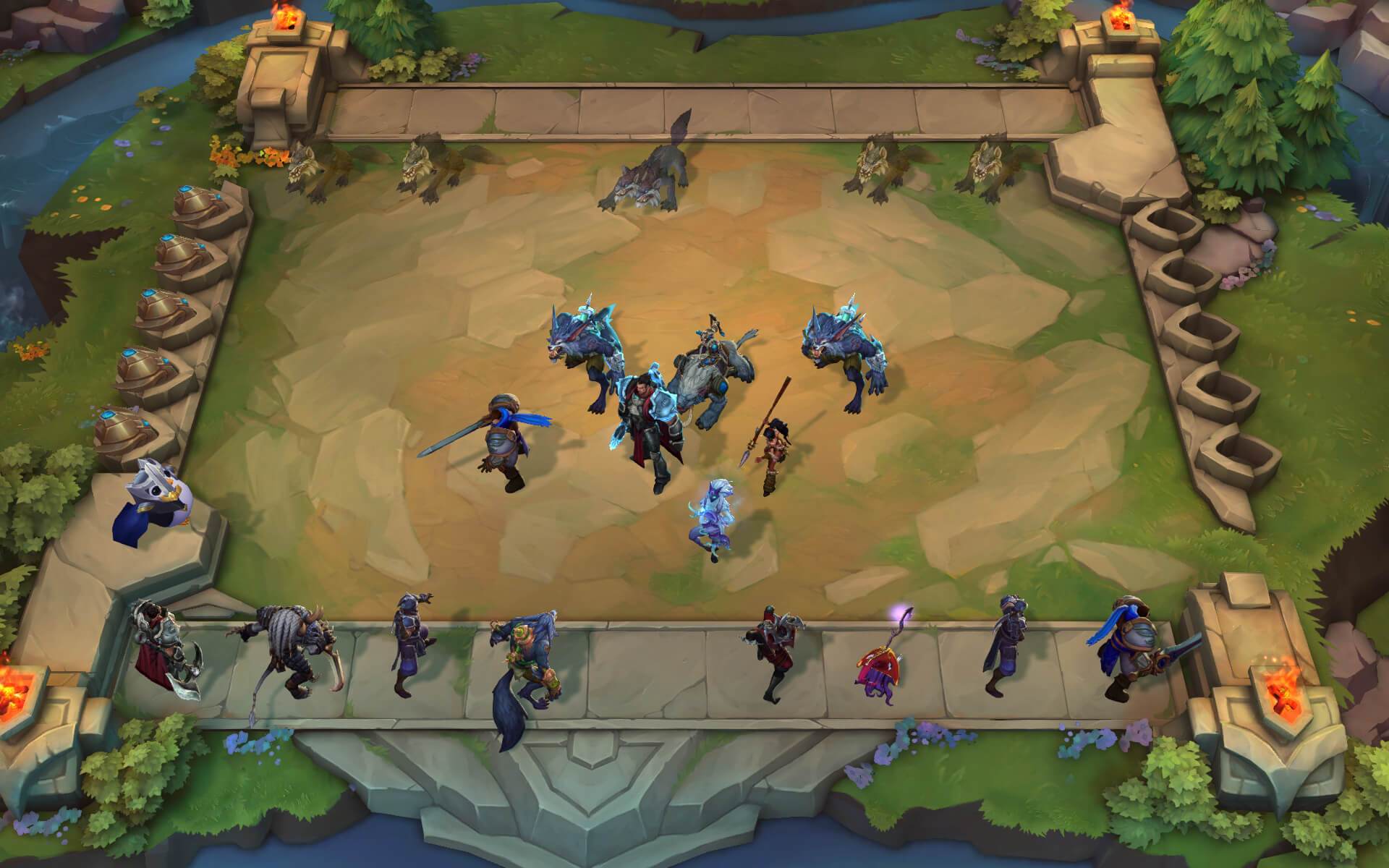
These games are the exceptions, though. They don't speak to the health of the genre, only their own success. We only have to look at other notable games like Dota Underlords to see that a hunger for autobattlers is not what's driving players into their arms. Underlords was Valve's attempt to capitalise on Dota Auto Chess's success, and with 200,000 concurrent players shortly after its Early Access launch on Steam, it seemed to be in a good position. It's been well over a year since it was able to even hit 10,000. Steam stats don't give us the whole picture, since there are mobile versions too, but it's a significant decline for a game designed to keep people coming back daily.
Teamfight Tactics is the stronger game, but I don't think that's the main reason for the difference in player numbers. People just don't care that much about autobattlers. The genre doesn't have any pull, even if a few specific games do. But why did its popularity peter out when so many other multiplayer trends in a similar position managed to hang on for longer?
It took me a while to embrace autobattlers because of a misconception: the automation sounded like it was cutting out a big chunk of interaction that I normally enjoy in strategy and tactics games, and the streamlining suggested a dearth of complexity when compared to traditional strategy games or MOBAs. Even before their respective mobile launches, they all had the air of a mobile game, designed for short attention spans and microtransaction gouging. It's an unfair assessment that a lot of mobile games incorrectly have levelled against them, but could have absolutely been a factor in autobattlers' rise unfortunately stalling.
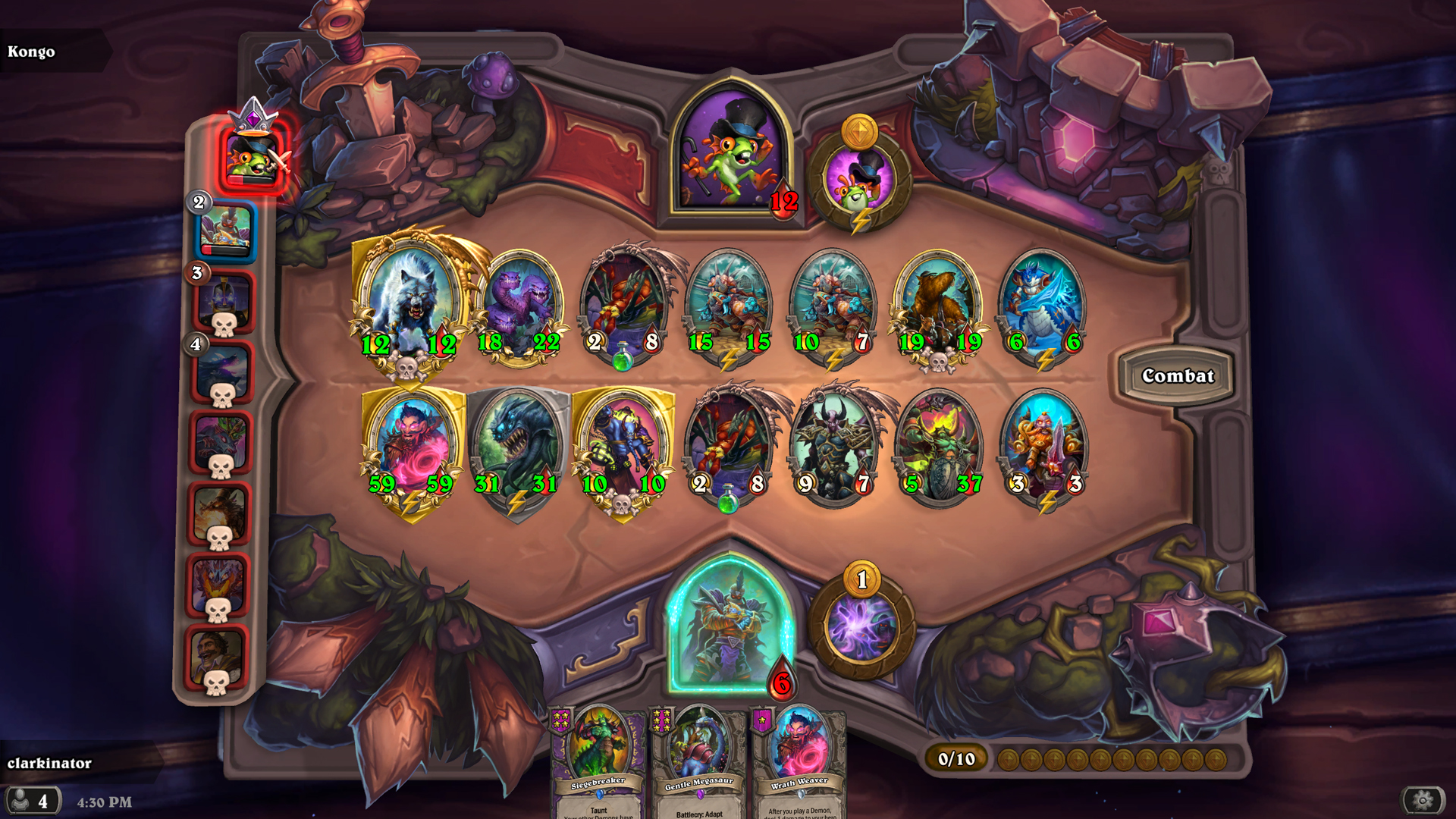
They're also not social experiences. In MMOs, MOBAs and battle royales, you're in teams and squads and parties. Forced to work together, you can make new relationships, or turn it into a regular playdate with buds. Now, I play TFT quite a bit with a group, but we're playing separately and against one another, not as part of a team. And there's no reason to be in a group with players I don't already know.
Multiplayer games thrive on FOMO. When I skip my regular Thursday session of Guild Wars 2, I know Phil is going to tell me about all the cool shit everyone got up to while I wasn't there, which means I'm sure to play again the following week. You don't really get that with autobattlers. There might be events and seasonal nonsense trying to tempt you back, but it's a lot less seductive if your friends aren't encouraging you to jump back in. That's what makes TFT's shared launcher so important: if you're thinking of firing up League of Legends, you also might be tempted to see what's going on in TFT.
The future of autobattlers
Autobattlers now seem like a fleeting fad, and it's hard to see a bright future for the genre, but that doesn't mean the existing games are going anywhere. Big announcements or the top spot on Twitch aren't the only indicator that games are still being played.
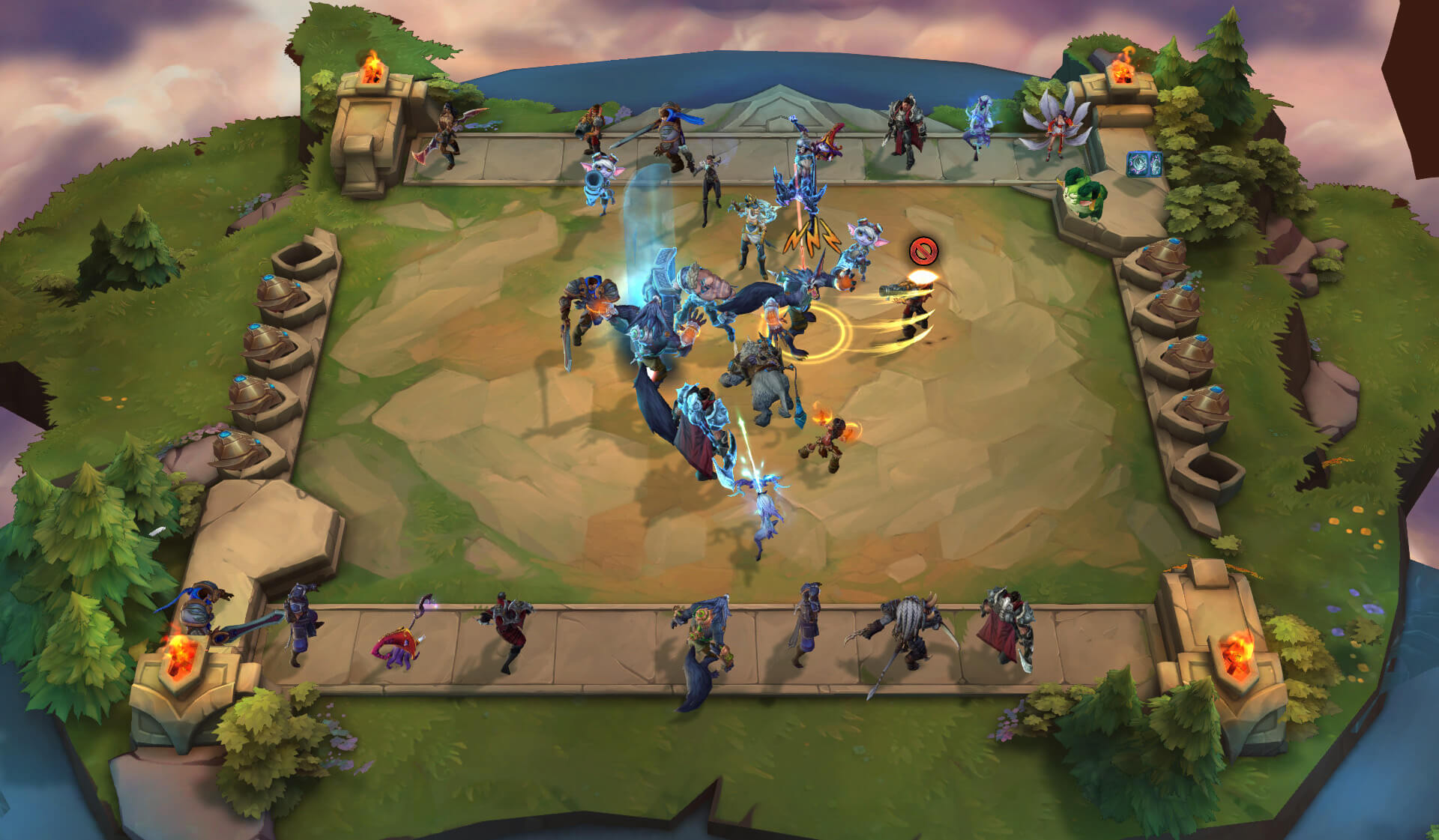
Games like Underlords and Auto Chess are still being maintained, even if you don't hear about them much anymore, but it's TFT that seems poised to continue being the most interesting of the bunch. Riot's Labs initiative is a big reason for this, which the studio uses to test experimental modes, like last year's addition of Hyper Roll: a fast-paced mode that's a perfect fit for mobile players.
Stagnation will hasten the end of autobattlers, so introducing experimental modes is a must, and at my most optimistic moments I hope that TFT's new modes will benefit the genre more broadly, spreading out and giving other developers more ideas about what an autobattler should be. Maybe it's just one great concept away from worming its way back into the public consciousness.
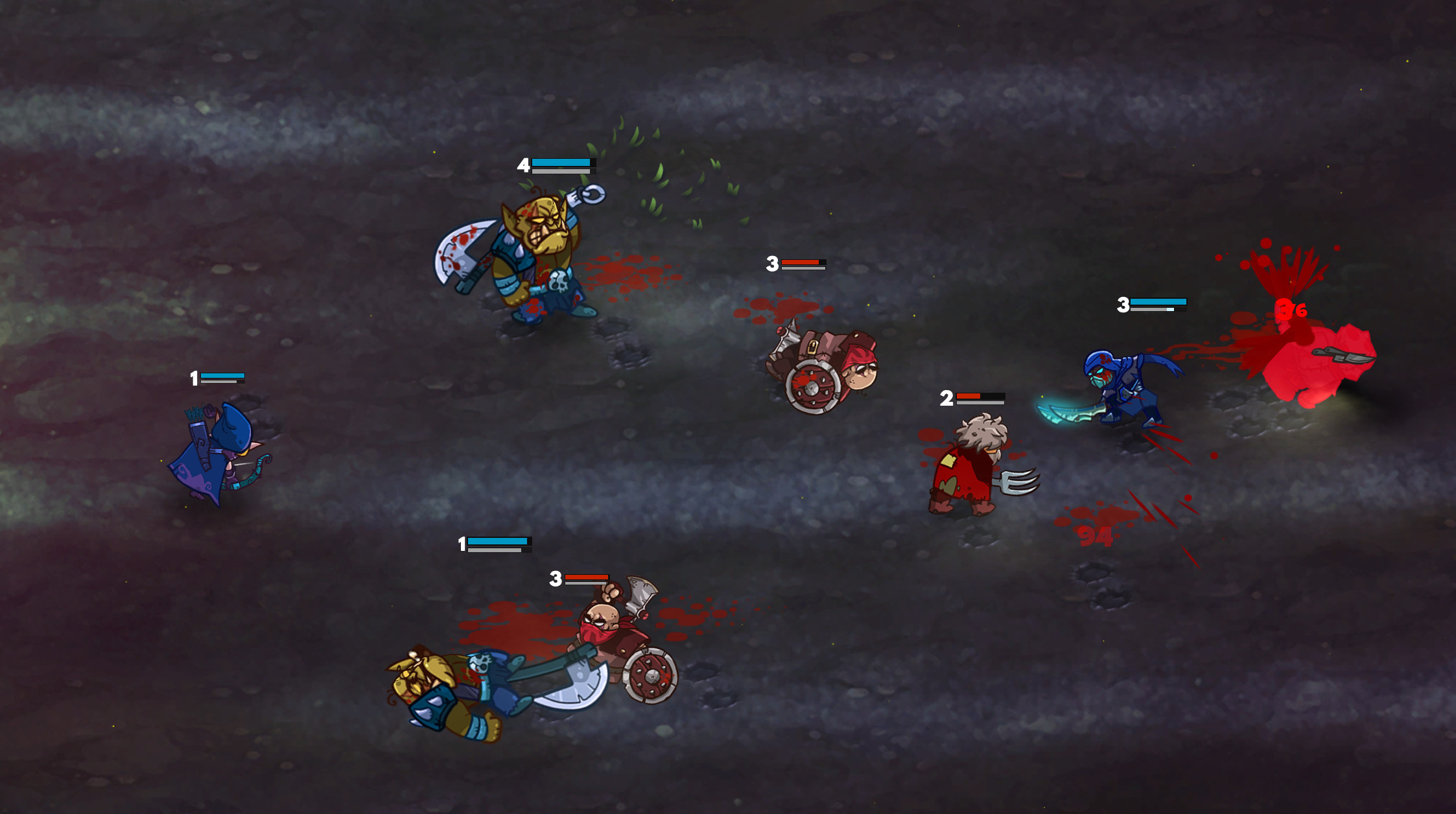
More likely, though, we'll continue to see the small number of successes keep doing their thing, with few properly new additions threatening their position. But that's not to say that no new autobattlers are appearing.
They might not have the name recognition or player numbers of the big ones, but things like Despot's Game, a procedural roguelike army battler, and Gladiator Guild Manager, which sets you the task of training gladiators and developing your guild, are putting fun twists on the genre. They're both in Early Access right now, so it remains to be seen if they have much staying power, but they've been received well by players so far. So while the genre's momentum has fallen right off a cliff, there is at least some potential for it to grow.

Fraser is the UK online editor and has actually met The Internet in person. With over a decade of experience, he's been around the block a few times, serving as a freelancer, news editor and prolific reviewer. Strategy games have been a 30-year-long obsession, from tiny RTSs to sprawling political sims, and he never turns down the chance to rave about Total War or Crusader Kings. He's also been known to set up shop in the latest MMO and likes to wind down with an endlessly deep, systemic RPG. These days, when he's not editing, he can usually be found writing features that are 1,000 words too long or talking about his dog.

